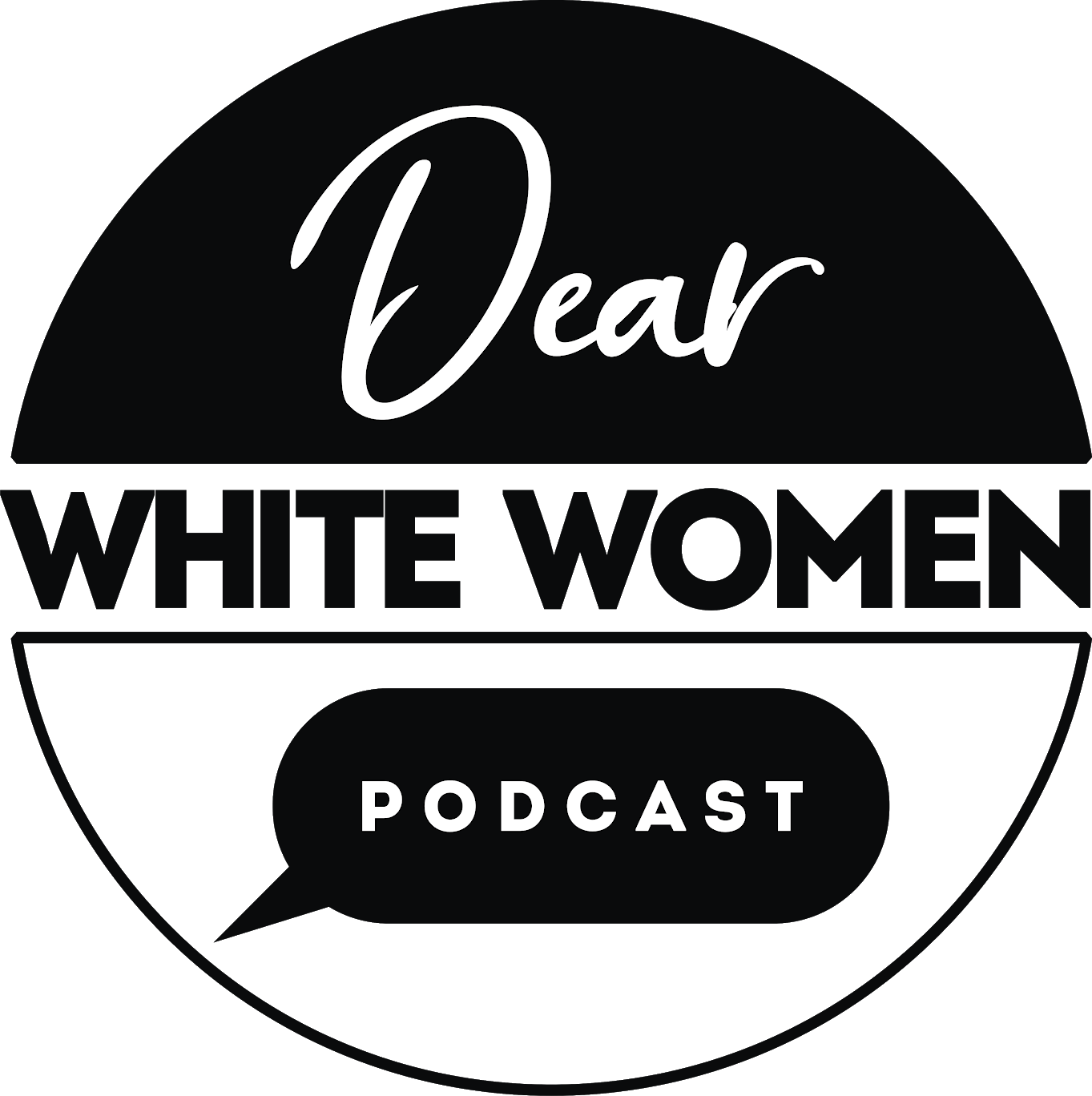“Oh, that’s so political.”
“We don’t talk about politics here.”
“Stop being so political.”
Have you heard that before, when someone brings up a topic that may have been mentioned in the news (or on social media)? Maybe you’ve even been the one that said it. But - have you ever heard it explained what exactly “political” means in this context? Or why shouldn't we talk about it?
We’d argue that there is no such thing as “political”. Or, conversely, perhaps EVERYTHING is political depending on who you are and how things affect you.
But regardless of why people feel things are too “political,” this is EXACTLY the year where we need to be doubling down on talking about all of those things, especially if you care about freedom - your own, in particular.
Even if you disagree with us, please listen in - maybe we’ll provide some food for thought. Or maybe our viewpoints are not so far apart after all.
Read More



















